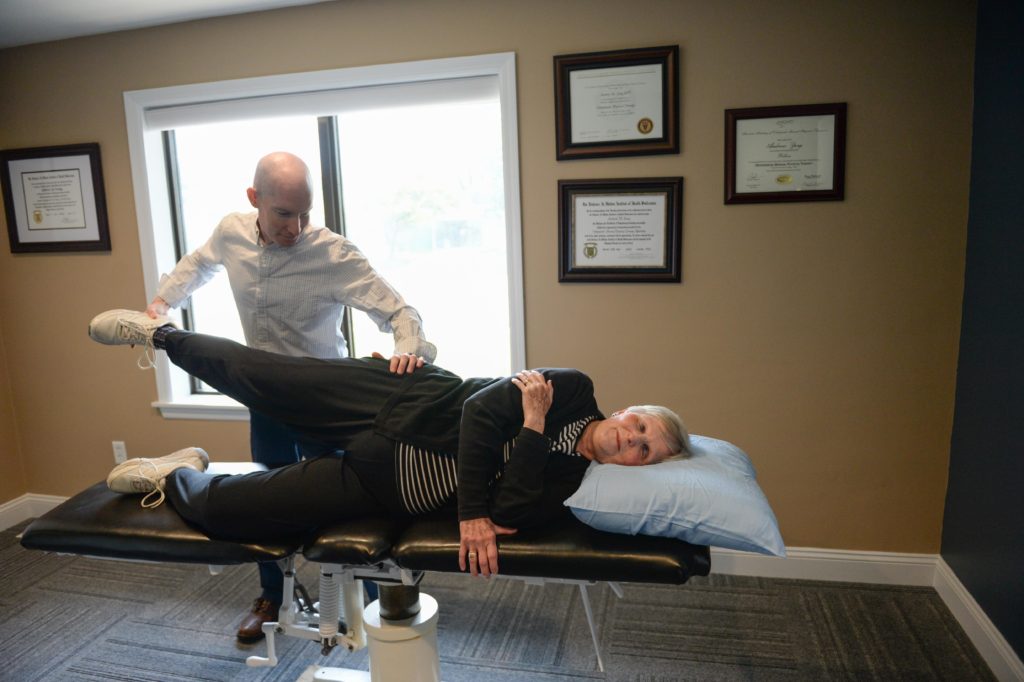Have you ever wondered if your knee pain was a meniscus injury. Often people will report pain on either the inside or outside of the knee, potentially even across the joint line. Some will report the pain began suddenly as a result of some event or trauma while others say the pain came on slowly. The pain is sometimes reported as a pinch, sometimes sharp, or even stabbing. Some report pain with simple activities such as walking or standing up from a chair. Yet others will only report pain with a higher level of physical activity such as hiking or running.
So how do we know what is the source of the pain?
Well, there are physical exam tests/measures which suggest to the healthcare provider that a meniscal injury is possible. Understand that the tests are not 100% accurate. As suspicion rises, an MRI may be performed. These tests are more sensitive at detecting meniscal injuries, but they do not tell the whole story.
Meniscus injuries are common and result in over 3/4 of a million surgeries each year. But did you know that many people (upwards of 60%) over the age of 40 have a “meniscus change” on imaging but NO pain? It’s true…so we must consider just how much a meniscus “injury” may or may not contribute to a person’s pain. These numbers certainly take many aback but given the high number of asymptomatic people, it is time to reconsider treatment.
We must first consider the overall picture and the individual’s function. What is the person able to do/not do that they want? What kinds of activities produce their pain or relieve it? What are they not able to do that they want to be doing? From there a thorough physical examination should be completed. And then by combining all the data, a treatment plan can be established. Before any consideration of surgery, physical rehabilitation should occur FIRST.
As stated, 60%+ over the age of 40 have meniscal findings yet have no pain. So, goal number one is to try to resolve the pain and help the person back to function. More and more data are suggesting that rehab results are almost equivalent to surgery…meaning a person undergoing rehab will have about the same functional outcome as the person who opts for surgery. This means that ONLY IF there is no success with at least 6 weeks of treatment should any consideration be given to surgery.
Concerned about a possible meniscal injury? The click the following LINK to connect with a rehab expert who can evaluate your knee and help develop a program to help you back to function without surgery.
